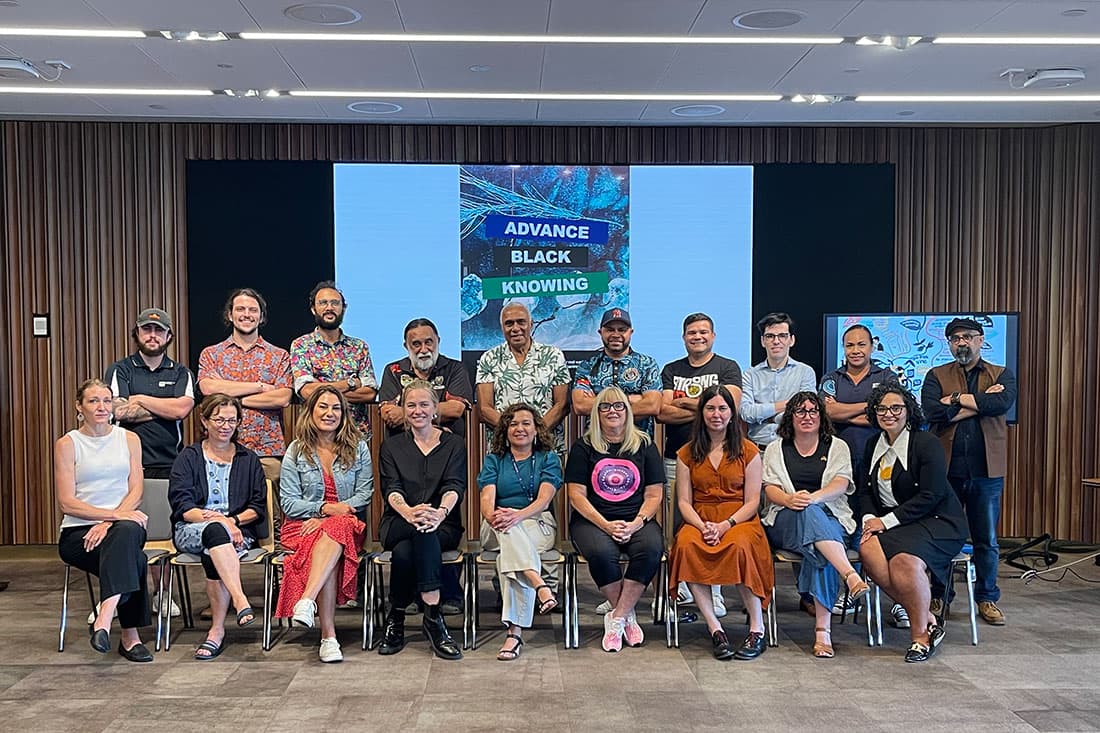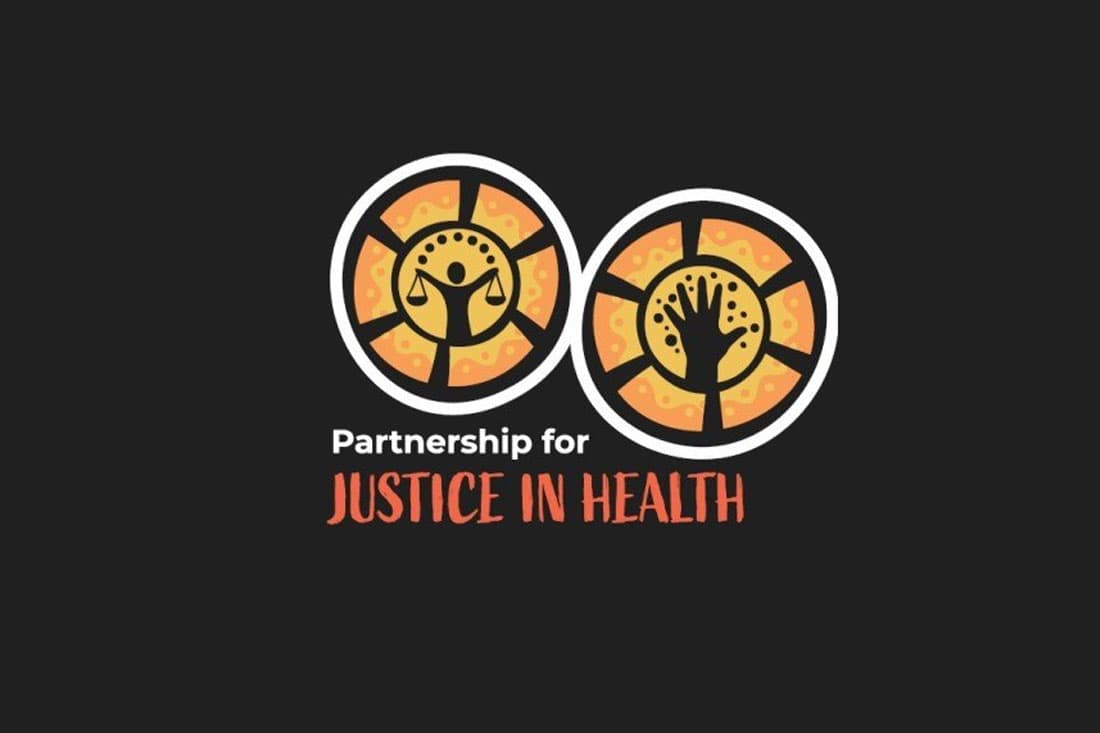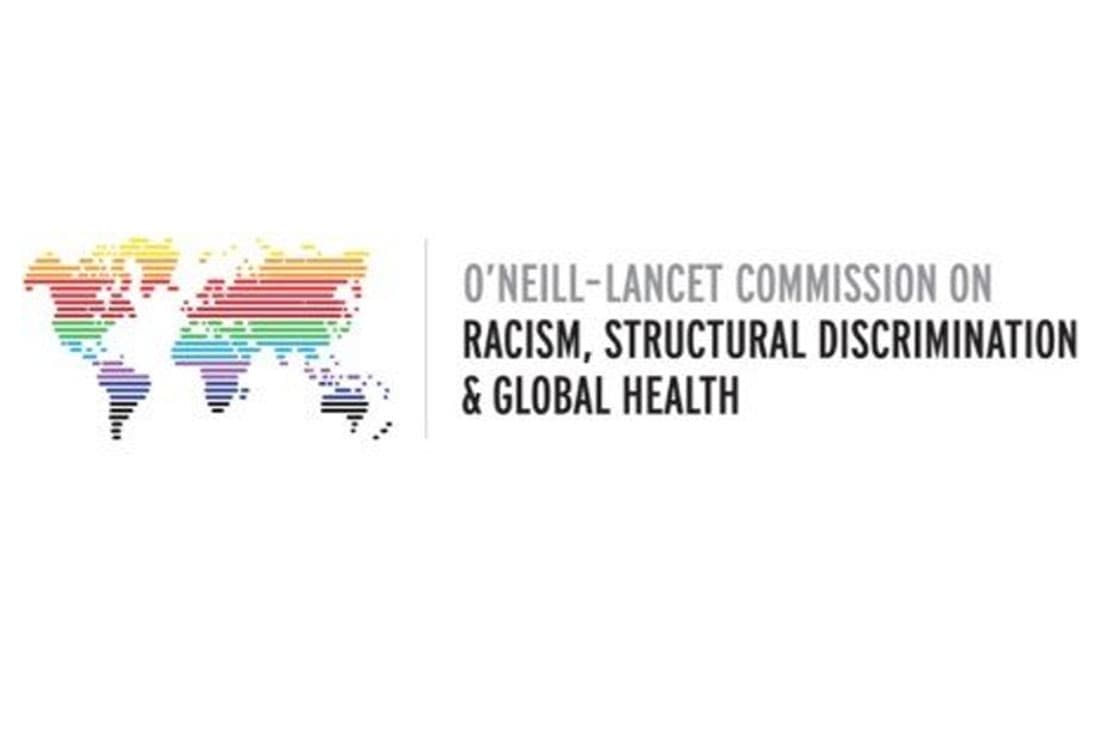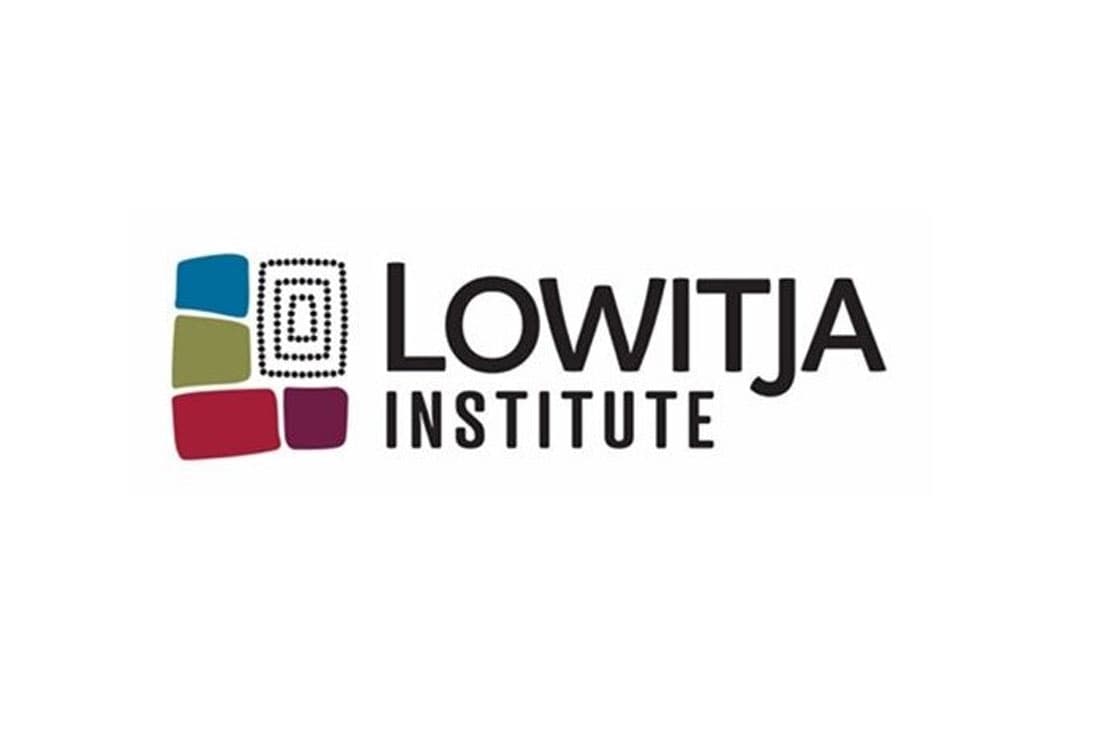The Carumba Institute prioritises knowledge production, which is courageous in it’s pursuit of justice, grounded in truth telling and of service to Indigenous and Black resistance struggles locally and globally.

Building an Indigenist Health Humanities Collective
This proposal aims to develop Indigenist Health Humanities as a new and innovative field of inquiry, building an intellectual collective capable of bridging the knowledge gap that hinders current efforts to close the gap in Indigenous health inequality. Bringing together health and the humanities through the particularity of Indigenous scholarship, a deeper understanding of the human experience of health will be developed alongside a greater understanding of the enablers to building a transdisciplinary collective of Indigenous health researchers. The potential benefits include a more sustainable, relational and ethical approach to advancing new knowledge, advancing research careers and advancing health outcomes for Indigenous people.

Partner in Justice Health
This discussion paper was first prepared as a scoping paper designed to assist the Partnership for Justice in Health (P4JH) consider what is offered by existing scholarship about race and racism in the health system, and in particular, to identify a research approach to support the Australian Government’s National Aboriginal and Torres Strait Islander Health Plan’s (NATSIHP) vision of ‘a health system free of racism’ (2013).

O'Neill-Lancet Commission on Racism, Structural Discrimination and Global Health
The O'Neill-Lancet Commission on Racism, Structural Discrimination and Global Health is founded on the recognition that racism, rather than race, creates and maintains unjust and avoidable health inequities in countries around the world. The commission will identify and promote the implementation of anti-racist actions and strategies by states, civil society actors, and global health institutions, in order to reduce structural discrimination through targeted research and collaborations that will foster policy dialogue within and across sectors that impact health and wellbeing.
The O’Neill-Lancet Commission on Racism, Structural Discrimination and Global Health

UMe Project: Telling the story of the Torres Model of Care
The Ume Project goal is to re-embed the Torres Model of Care into the health system. This will involve defining and documenting the model through a collective storytelling process that engages Zenadh Kes health practitioners to tell their story of care from their worldview and standpoint. The Ume project brings Indigenous people together not as subjects of research but as sovereign knowledge holders, authoring their own stories and bring their knowledge to construct the necessary evidence base for understanding the effectiveness of the Torres Model of Care.
Need more information?
Need help with your next steps? Contact the Carumba Institute to find out more about your future research journey.